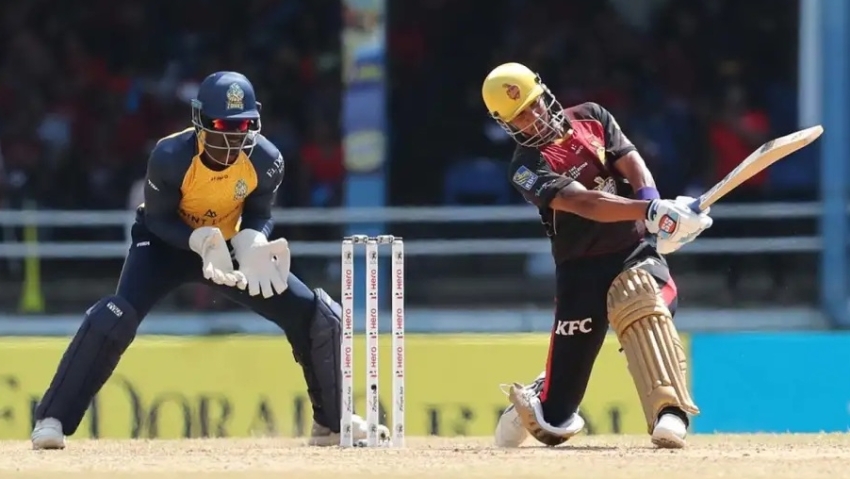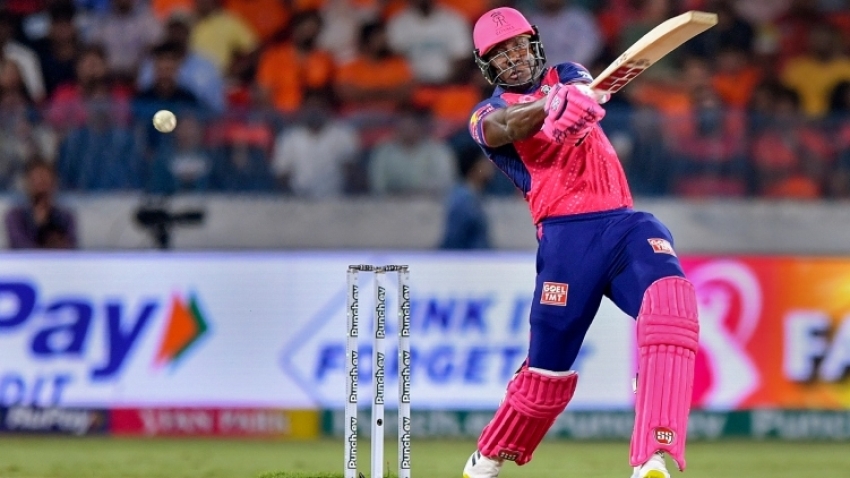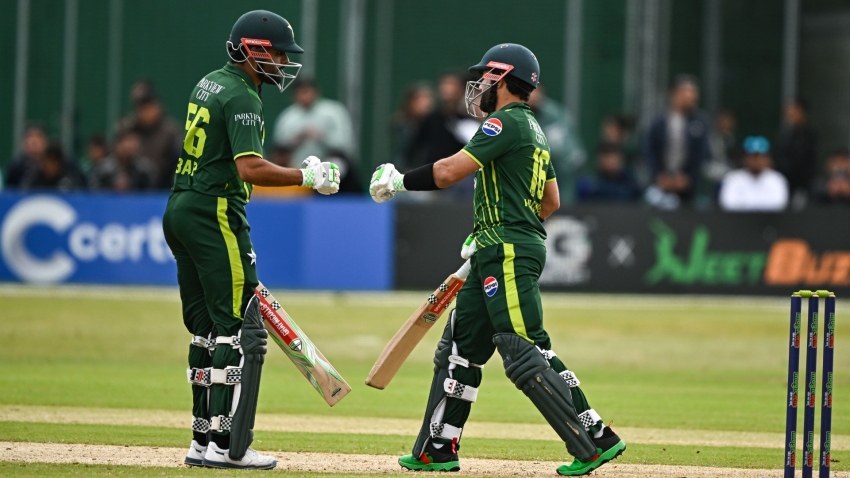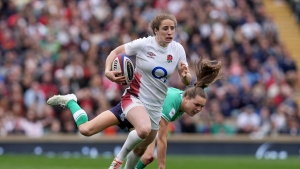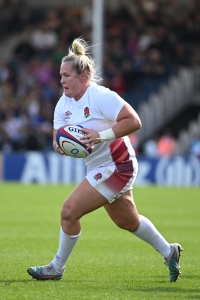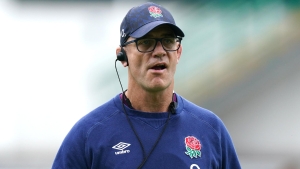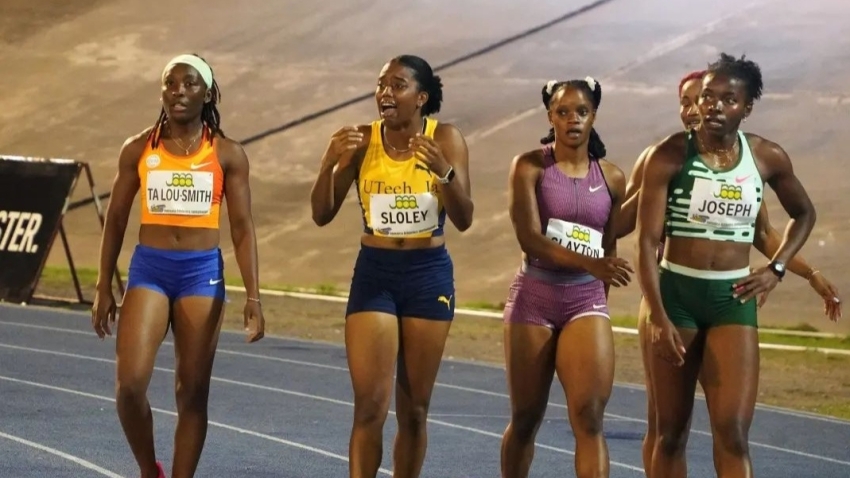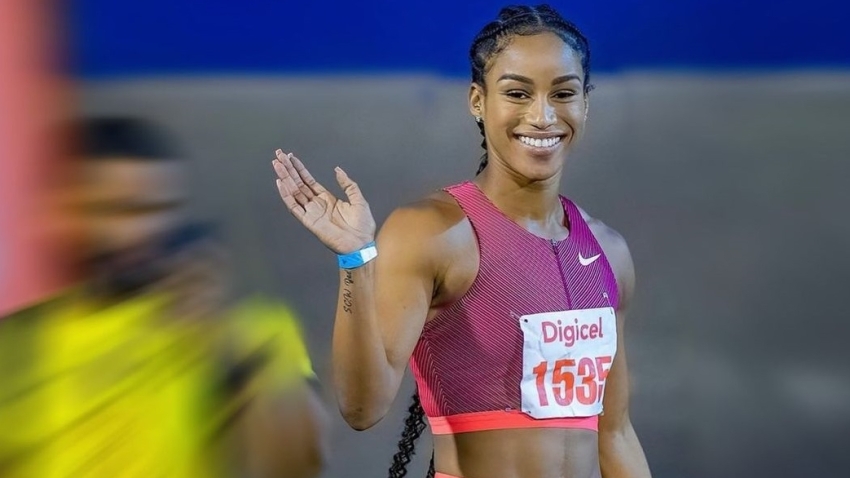England head coach John Mitchell believes smaller balls could be an important development tool for the women’s game.
World Rugby is to analyse data collected from a trial in the recent Women’s Under-18 Six Nations festival, as well as from the training sessions of three Celtic Challenge teams.
The current size 5 ball is the same as that used in the men’s game, while the trial tested the size 4.5 ball which is around three per cent smaller and up to four per cent lighter.
“We use the big ball and we’re quite happy with that. When the smaller ball arrives, we’ll deal with that,” Mitchell said.
“But if I put my development hat on, these young girls have been exposed to a big ball their whole life.
“If you’ve got younger girls wanting to come into the game and you have smaller communities that don’t have the ability to play 15s but could do a lot more in school yards with smaller balls, if that gives them confidence to play the game then I’m all for it.”
Zoe Aldcroft, who has replaced Marlie Packer as captain for Saturday’s Guinness Women’s Six Nations clash with Scotland, has an open mind to the possible benefits of the smaller ball.
“We haven’t had many issues so far with a size 5, but we’ll go ahead and see what the 4.5 ball will do,” Aldcroft said.
Packer was dropped for the first time since taking over the England captaincy a year ago and must settle for a place on the bench for the trip to Edinburgh, while veteran centre Emily Scarratt was overlooked altogether for a second-successive match.
The omission of two big name Red Roses and Test centurions from the starting XV comes amid a warning from Mitchell that no player is safe from the axe.
“There’s no such thing as rotation. This squad is selected for Scotland. Anyone is capable of replacing anyone, as far as I see it,” Mitchell said.
Scarratt started the Six Nations opener at inside centre in her first outing since being converted from the number 13 jersey by Mitchell, but has not been picked since.
A calf and Achilles injury has been troublesome, but Mitchell insisted that ultimately, the 34-year-old was “not selected”.
“Emily is progressing nicely. She still hasn’t been able to do a full week. She’s come out of yesterday’s (Tuesday’s) session well so that’s a really good sign,” the Kiwi said.
“Tomorrow’s session will be a lot faster and if she gets through that, then it presents a good case for her in the next two weeks.
“The most important message you need to hear is that Emily needs to be 100 per cent fit because we have got girls who are 100 per cent fit and that’s what we go for basically.
“The girls understand that they have to be 100 per cent because there’s so much competition within the group.”
Hooker Amy Cokayne makes her first appearance for 12 months after recovering from a calf injury, having made a successful comeback for Leicester in recent weeks.

















